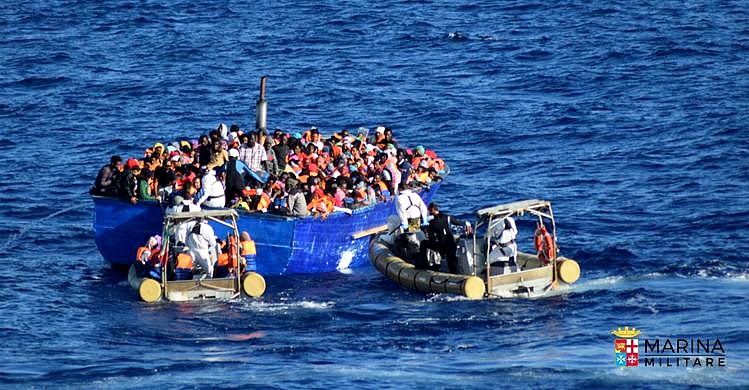Perhaps surprisingly, when compared with other countries, the greatest support for admitting refugees is among people over the age of 60.
Meanwhile, 55 percent of Latvian residents do not support taking in refugees - 27.4 percent are ''completely against'' taking in refugees, and the same number are ''mostly against''.
When looking at income levels, middle-class residents tend to support the arrival of asylum seekers more than those either earning the minimum wage or those earning above the average wage.
The statistics came as the United Nations High Commission for Refugees (UNHCR) launched a publicity campaign attempting to point out to Latvians that "We are all people" regardless of where we come from and that in similar circumstances Latvians could become refugees too - as indeed they have in the past.
Sākta sociālā kampaņa ar mērķi veicināt līdzjūtību un atvērtību pret bēgļiem https://t.co/F1qe5K6AHn pic.twitter.com/vHlvaqEgjt
— Satori.lv (@SatoriLV) August 11, 2016
However, the UNHCR campaign was condemned as "unpatriotic" by a column in the daily Neatkariga Rita Avize newspaper on Friday.
The campaign was also swiftly lampooned on social media with one theme being that women were left behind to fight ISIS alone while their husbands fled to Europe - and contrasting that with a recent well-publicized recent story of a female Latvian National Guard who said she was prepared to fight for her country if necessary.
#MesDarituTapat pic.twitter.com/5ZAPXkz6Zk
— Jānis (@garamgajejs) August 11, 2016
Such examples may by anecdotal and may not be representative, but they do indicate that the UNHCR will have its work cut out to persuade the majority of the population to adopt a more conciliatory attitude to refugees.




























